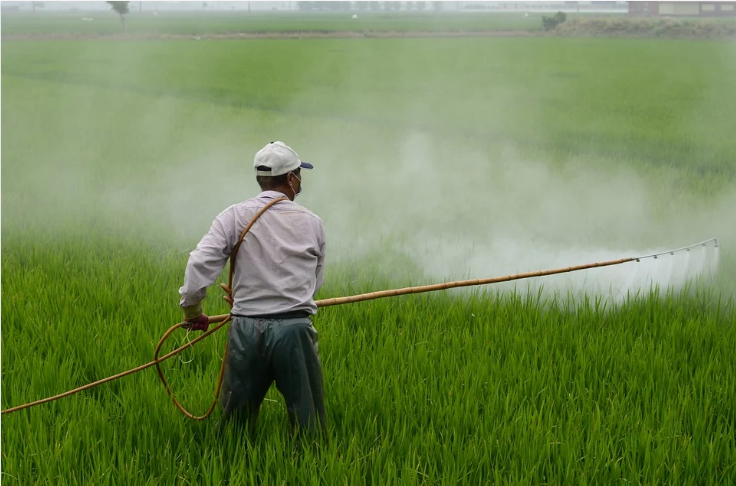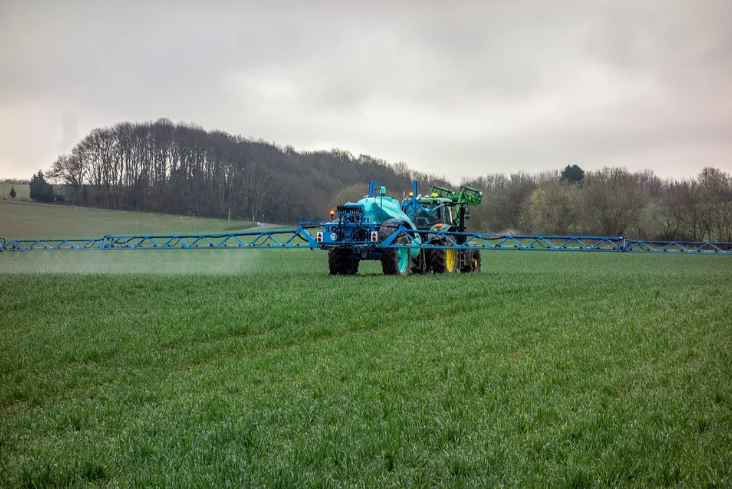
Exhibition time: 17-19 March, 2026 Shanghai, China
 中文
中文

Exhibition time: 17-19 March, 2026 Shanghai, China
 中文
中文

Key words of the passage: biochemical; pesticide; US; registration
The U.S. EPA defines biochemical pesticides as pesticidal substances that:
- are naturally occurring chemicals or are synthetically derived equivalents;
- have a history of exposure to humans and the environment demonstrating minimal toxicity, or in the case of synthetically derived biochemical pesticides, are equivalent to a naturally occurring chemical that has such a history; and
- have a nontoxic mode of action to the target pest(s).
Biochemical pesticide registrations are generally significantly less expensive and usually take less time to register than conventional or antimicrobial pesticide product registrations. There is a reduced data set for these naturally occurring chemicals compared to other registrations. Therefore, companies can have considerable cost savings in studies. In addition, the fees to register a biochemical pesticide with the U.S. EPA in PRIA (Pesticide Registration Improvement Extension Act) are typically lower as compared to registration costs for conventional pesticides. The review of a biochemical pesticide registration submission by the EPA also takes less time. Thus, a company can save a lot of money and time upon submission.

For example, to register a new active ingredient for food use a company may expect the following PRIA costs upon submission:
- Biochemical: $33,506 and 18 months for U.S. EPA to review
- Conventional: $790,737 and 24 months for U.S. EPA to review (or $658,947 and 18 months if the active ingredient is considered reduced risk). Costs may be lower depending upon the proposed use.
Because less data is required to support biochemical pesticide products, generally those proposals can be reviewed by U.S. EPA in less time and get to market faster than conventional chemical products. Due to the U.S. public concern with conventional pesticides, the EPA is interested in registering more biochemicals. If companies are interested in marketing their products with organic labelling, most products for organic cultivation are biochemical products. However, there are conventional products that have organic labelling.
Source: AgroPages
